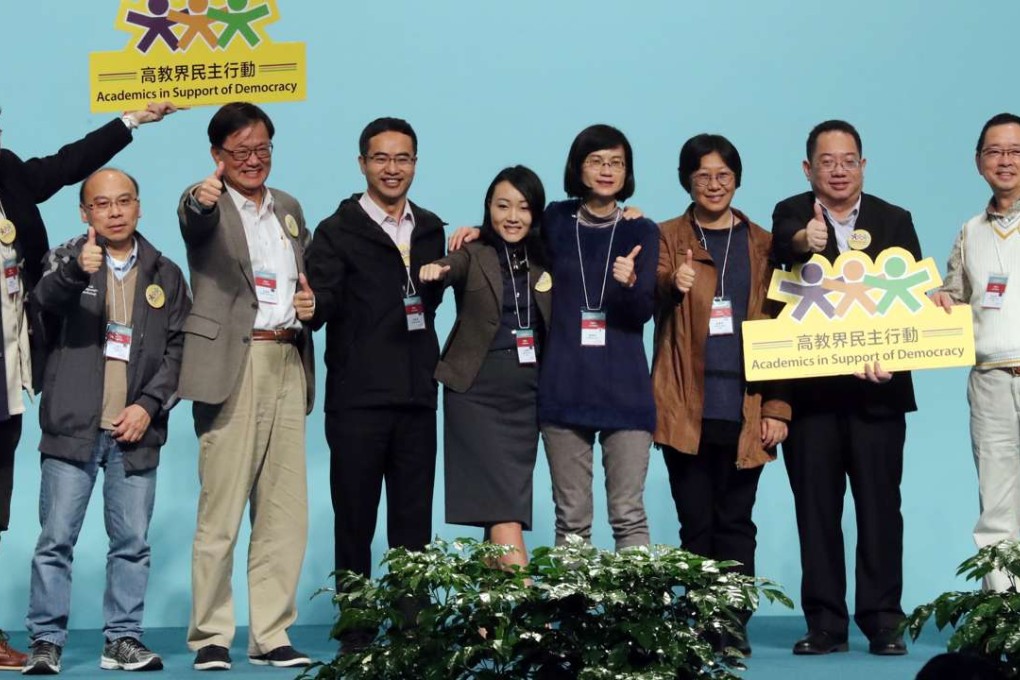My Take | Beijing and the art of surprise-free elections
The Election Committee vote has thrown up some interesting scenarios for the central government to ponder as it looks to steer the chief executive race

If you want to know why Beijing refused to budge on the failed political reform last year, the latest election committee polls offer an answer. Then, a key issue was the central government’s insistence that the nominating committee must have the same sector composition as that of the election committee.
The high turnout (46 per cent) was bolstered by many young and first-time voting professionals who harbour strong anti-establishment sentiment. They were helped by new seats assigned to the five subsectors of medical, health services, accountancy, engineering and architectural, surveying, planning and landscape. Call it the revenge of the young professionals.
As observed by an analyst with Executive Counsel, a consultant group: “It reflects strong disapproval of [Leung’s] administration that cannot even be mitigated by [Leung] not seeking a second term.”
“The young and first-time voters … have tactically used their suffrage to signal protest against what they perceive to be an increasingly intensified intervention from Beijing.”
